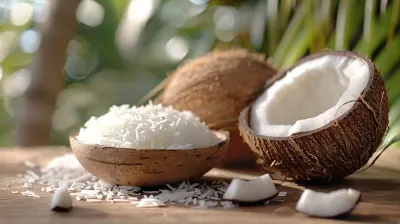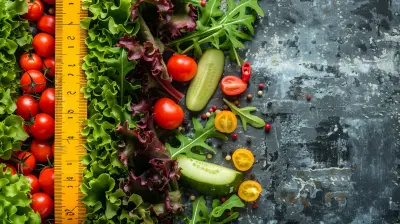Nourish Your Bones: Essential Nutrients for a Healthy Skeleton
24 September 2025
Ever thought about how crucial your bones are? They silently support your body every day, help you move, and protect vital organs. But how often do we think about keeping them strong and healthy? Most of us only start paying attention when we hear a crack (yikes!) or feel an ache.
The good news is that your bones are like a bank—you can deposit essential nutrients to keep them strong for years to come. So, let’s dive into the must-have nutrients for a rock-solid skeleton and how you can make sure your bones stay healthy for life. 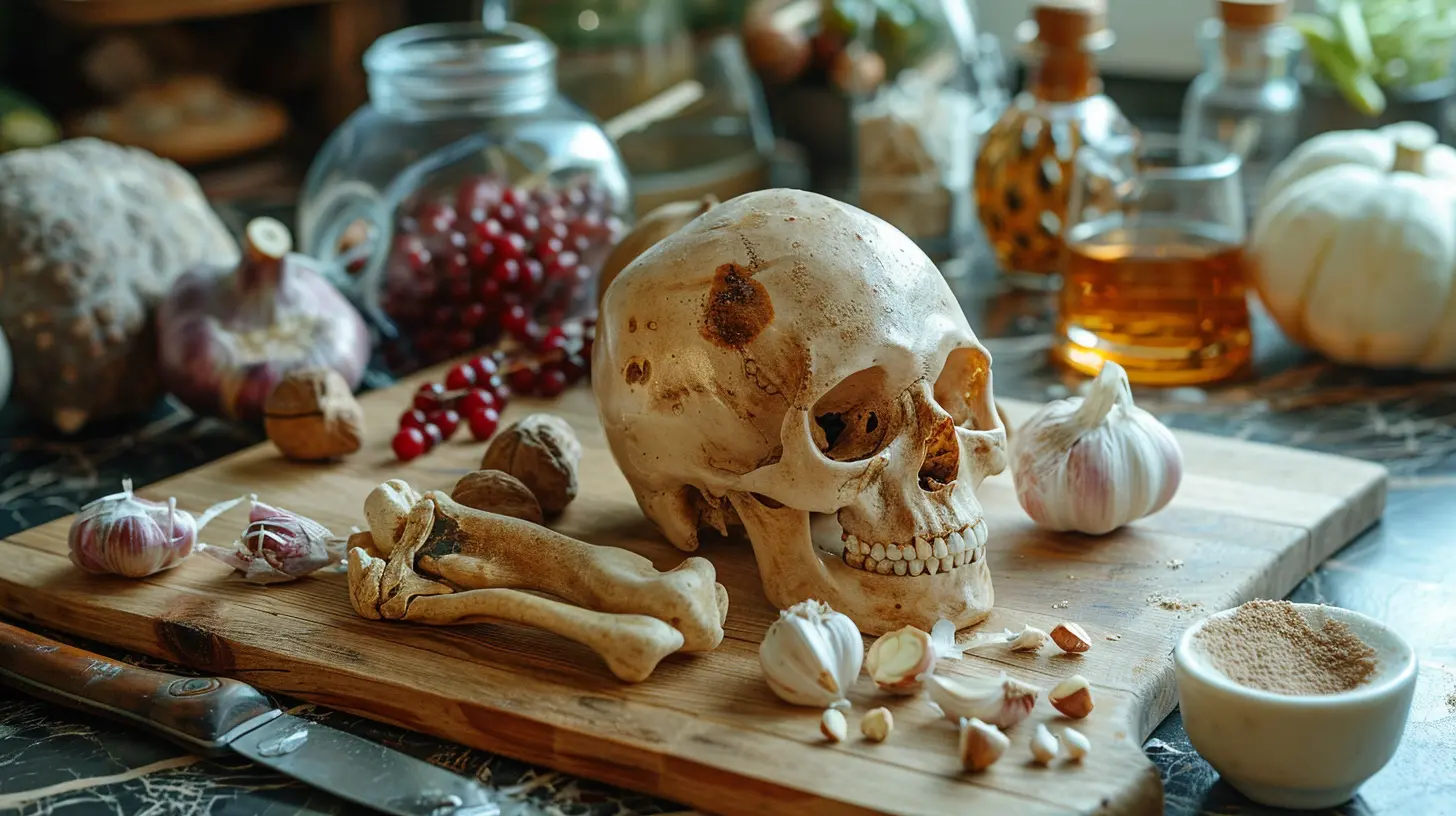
Why Bone Health Matters More Than You Think
Your bones aren't just a lifeless structure holding you up; they’re living tissues that constantly rebuild and repair. However, as you age, bone density naturally decreases. If you don’t give your bones the right fuel, they can become weak, leading to conditions like osteoporosis.The best way to keep your skeleton in top shape? Feed it the right nutrients from an early age. It’s never too late—or too early—to start caring for your bones. 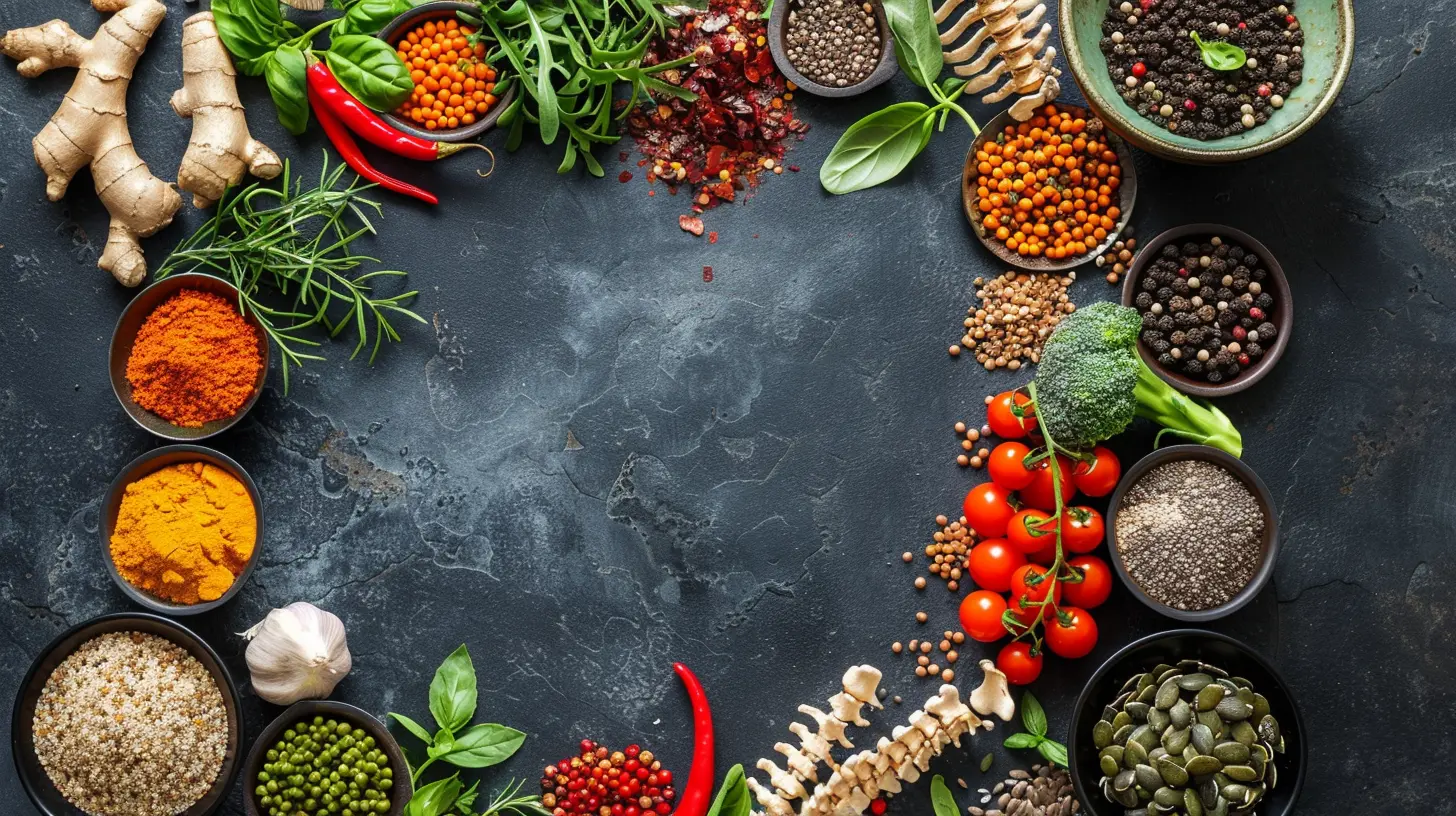
Essential Nutrients for Strong, Healthy Bones
1. Calcium – The Building Block of Bones
When people think of bone health, calcium is often the first thing that comes to mind. And for good reason—it’s the primary mineral that keeps bones dense and strong.But here’s the catch: Your body doesn’t produce calcium on its own. If you don’t get enough from your diet, your body will steal it from your bones, weakening them over time.
Best Sources of Calcium:
- Dairy products (milk, cheese, yogurt)- Leafy greens (kale, spinach, collard greens)
- Almonds
- Fortified plant-based milk (soy, almond, oat)
- Sardines and canned salmon (yes, the tiny bones are edible!)
How much do you need?
Adults typically need around 1,000 mg of calcium per day, and that number increases to 1,200 mg for women over 50 and men over 70.
2. Vitamin D – The Calcium Delivery Agent
Think of vitamin D as calcium’s best friend—it helps your body absorb and use calcium properly. Without enough vitamin D, even a calcium-rich diet won’t do much good.And here’s the problem: Many people don’t get enough of it. Since vitamin D is produced when your skin is exposed to sunlight, people who spend most of their time indoors or live in cloudy regions may be at risk of deficiency.
Best Sources of Vitamin D:
- Sunlight (aim for 10–30 minutes a few times a week)- Fatty fish (salmon, mackerel, tuna)
- Egg yolks
- Fortified foods (orange juice, milk, cereals)
- Vitamin D supplements (especially in winter months)
How much do you need?
Most adults need 600 IU (15 mcg) per day, which increases to 800 IU (20 mcg) after age 70.
3. Magnesium – The Bone Strengthener
Magnesium plays a crucial role in converting vitamin D into its active form, helping your body absorb calcium more efficiently. It also directly influences bone density and helps prevent fractures.Best Sources of Magnesium:
- Nuts and seeds (pumpkin seeds, almonds, cashews)- Whole grains (brown rice, quinoa, oats)
- Leafy greens (spinach, swiss chard)
- Dark chocolate (yes, you read that right!)
- Bananas
How much do you need?
Women need about 310–320 mg of magnesium daily, while men require 400–420 mg.
4. Vitamin K – The Bone Binder
Vitamin K helps regulate calcium, ensuring it gets deposited into your bones instead of accumulating in your arteries (which can increase heart disease risk).Best Sources of Vitamin K:
- Leafy greens (kale, spinach, broccoli)- Brussels sprouts
- Fermented foods (natto, sauerkraut)
How much do you need?
Most adults need 90–120 mcg of vitamin K daily.
5. Phosphorus – The Bone Partner to Calcium
Phosphorus is another essential mineral that works closely with calcium to build strong bones and teeth.Best Sources of Phosphorus:
- Dairy products- Meat, poultry, fish
- Nuts and seeds
- Whole grains
How much do you need?
Adults should aim for 700 mg of phosphorus per day.
6. Collagen – The Bone Foundation
Did you know your bones are made up of about 30% collagen? This protein provides structure and flexibility, reducing the risk of fractures. As we age, collagen production slows down, which may lead to brittle bones. Adding collagen-boosting foods to your diet can help maintain strong bones.Best Sources of Collagen:
- Bone broth- Chicken skin
- Fish with the skin on
- Gelatin
- Collagen supplements
How much do you need?
There’s no official daily recommendation, but 2.5–10 grams of collagen per day can help improve bone health.
7. Protein – The Bone Mass Preserver
Many people underestimate the importance of protein for bone health. Bones aren’t just made of minerals; they also contain protein, which helps maintain bone mass and prevent fractures.Best Sources of Protein:
- Lean meats (chicken, turkey, beef)- Eggs
- Dairy products
- Beans and legumes
- Nuts and seeds
How much do you need?
Adults should aim for 0.8 grams of protein per kilogram of body weight. 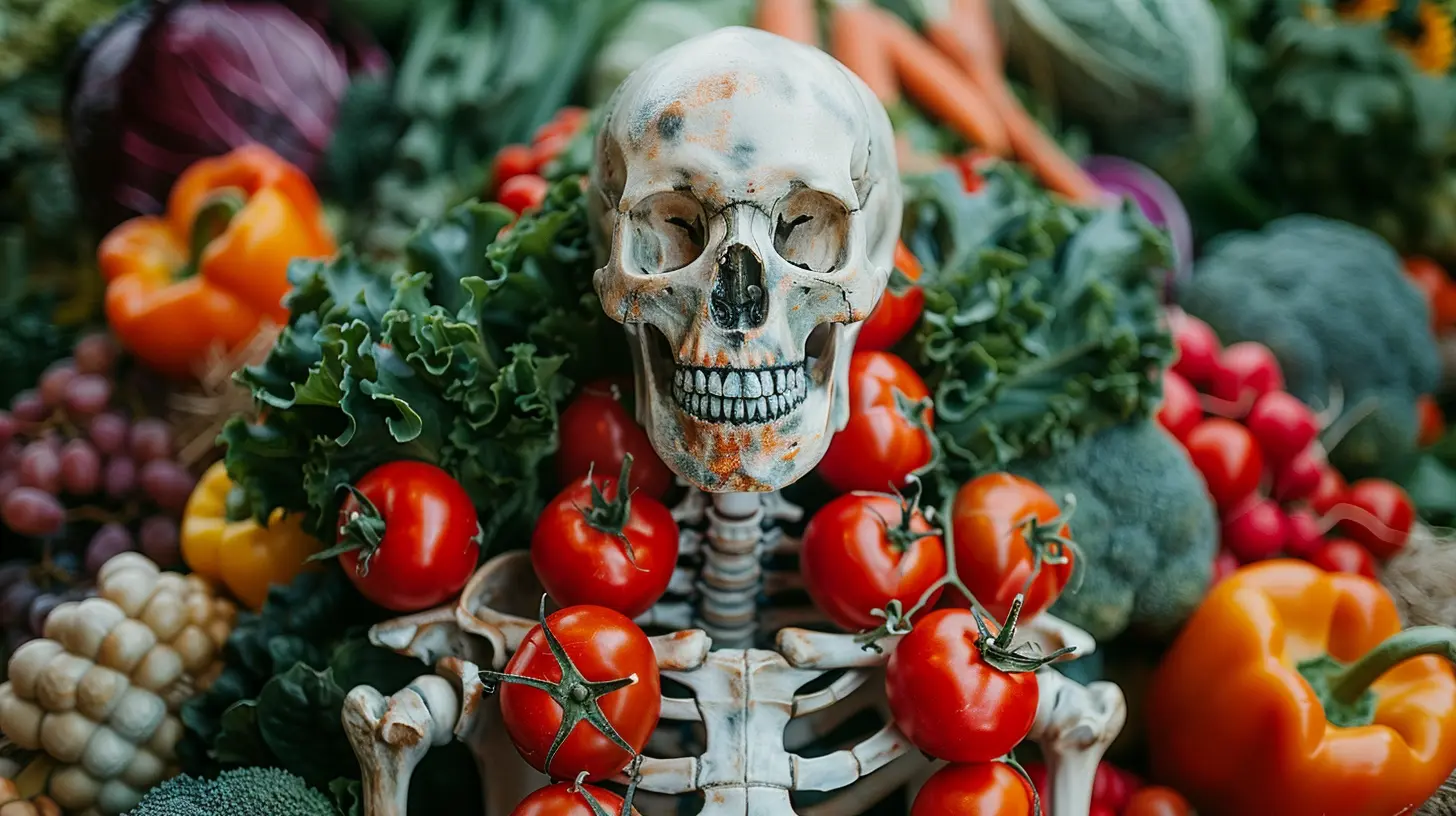
Lifestyle Habits That Support Bone Health
While getting the right nutrients is key, your lifestyle choices also play an essential role in maintaining strong bones.1. Get Moving
Weight-bearing exercises like walking, jogging, dancing, and strength training help stimulate bone growth and slow down density loss.2. Cut Back on Processed Foods
Too much sodium and sugar can deplete calcium levels, weakening bones over time.3. Avoid Smoking and Limit Alcohol
Smoking reduces bone density, and excessive alcohol intake can interfere with calcium absorption.4. Maintain a Healthy Weight
Being underweight increases the risk of fractures, while excessive weight can put stress on bones and joints.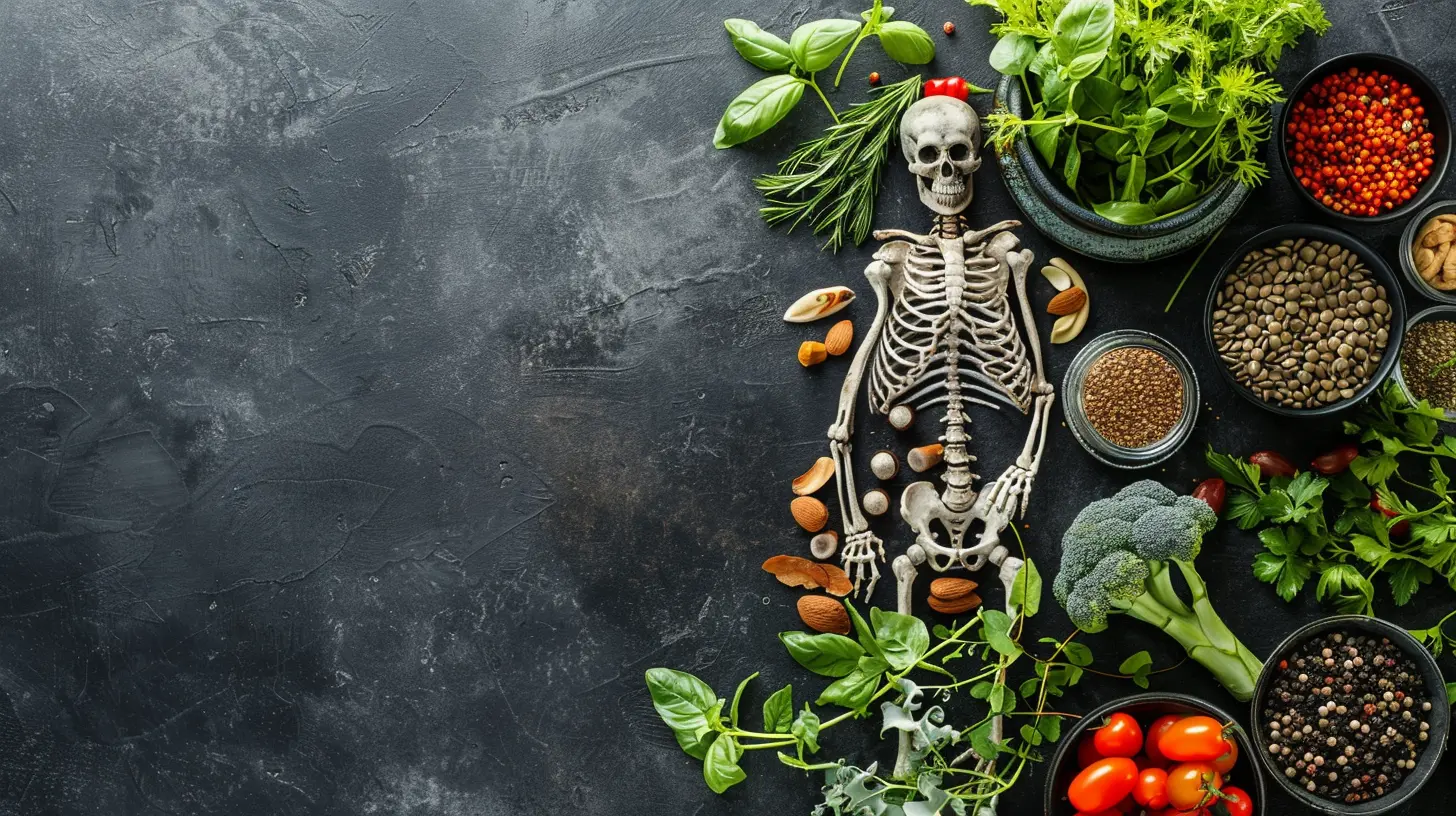
Final Thoughts: Build Strong Bones for a Lifetime
Your bones do so much for you—it’s time to return the favor! By fueling your body with essential nutrients and adopting a bone-friendly lifestyle, you can reduce the risk of fractures, osteoporosis, and aches. Start making small changes today because strong bones equal a strong you.### So, are you ready to nourish your bones properly? Your skeleton will thank you!
all images in this post were generated using AI tools
Category:
Bone HealthAuthor:

Sophia Wyatt
Discussion
rate this article
1 comments
Faryn McEvoy
Great article! Prioritizing bone health is so important for overall well-being. Incorporating these essential nutrients into our diets can make a big difference. Let’s keep our skeletons strong!
October 2, 2025 at 3:44 PM

Sophia Wyatt
Thank you! I’m glad you found the article helpful. Strong bones are indeed crucial for overall health!
